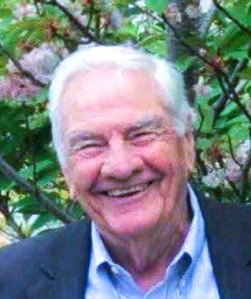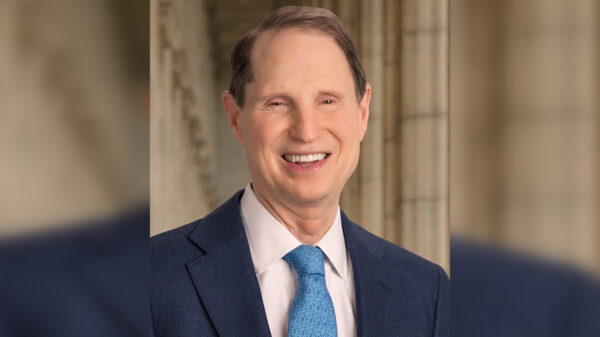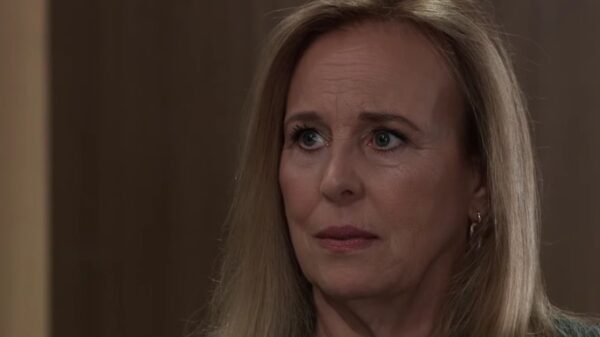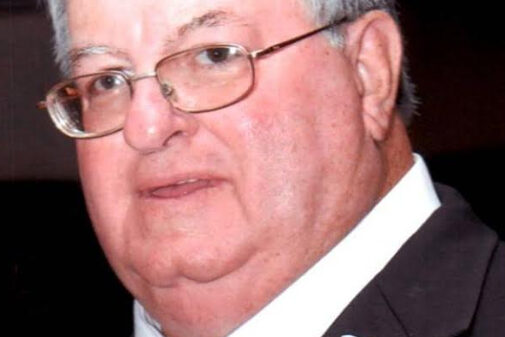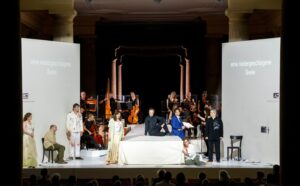The 2025 Musikfestspiele Potsdam Sanssouci featured a remarkable revival of Agostino Steffani’s three-act opera, Orlando generoso. Conducted by
As the story unfolds, the knight Orlando succumbs to madness after falling in love with Angelica, the daughter of King Galafro. This production shines as an example of early psychological opera, skillfully intertwining themes of love, mental turmoil, and theatrical illusion. Steffani, a multi-talented composer known for his contributions to both music and diplomacy, created eight operas for Hanover, but Orlando generoso stands out for its complex psychological depth.
The revival at the Orangery Palace presented unique challenges. Due to renovations at the usual Neues Palais theatre, the opera was staged in this unconventional venue, originally a winter garden for exotic plants. The grand central axis of the Orangery was ingeniously adapted for performance, with the orchestra positioned on raised platforms in the middle of the long gallery, while singers performed around a partially elevated central thrust stage.
Oberlinger facilitated a dynamic interaction among the conductor, singers, and musicians, enhancing the overall experience. The minimalist set featured two angled white walls, marked with Chinese characters for “Entrance” and “Exit,” evoking the opera’s imagined setting. The classical columns and soft ambient lighting created dramatic perspectives, giving the impression of infinite depth behind the orchestra.
Auditory results from the venue were surprisingly effective, allowing clear delivery of each word and orchestral detail from the front rows. Occasionally, soft birdsong from the nearby Sanssouci gardens added an unexpected poetic touch. While the opera’s original narrative could have aligned more closely with the festival’s theme of cultural encounters, the intimate staging highlighted the singers’ vocal and dramatic artistry.
Director Jean Renshaw emphasized psychological realism, urging performers to deeply immerse themselves in their characters. Terry Wey embodied Orlando as the emotional core, transitioning effortlessly from rationality to despair. His portrayal was nuanced, vividly showcasing Orlando’s turmoil during confronting moments, such as the emotionally charged aria “Pupille sfortunate.”
Hélène Walter delivered a flexible and subtle performance as Angelica, particularly in her Act Two duet with Ruggiero. Their interplay, marked by contrasting musical accompaniments, captured a complex emotional exchange. The role of Medoro, played by Natalia Kawalek, added warmth with his tender tone, emphasizing his character’s lower social status.
Bradamante, portrayed by Shira Patchornik, commanded attention with her strong voice and presence, while Morten Grove Frandsen as Ruggiero contrasted with a melancholic falsetto, conveying vulnerability. The ensemble’s intimate duets evoked echoes of Monteverdi, merging refinement with emotional intensity.
The narrative was driven by Sreten Manojlovic’s portrayal of Atlante, a calculating sorcerer whose enigmatic presence manipulated the unfolding events. Gabriel Diaz played Galafro, capturing the essence of a proud yet isolated king, effectively showcasing themes of loss and authority.
Under Oberlinger’s baton, Ensemble 1700 demonstrated a profound understanding of Steffani’s music, skillfully navigating between French-style compositions and demanding Italian arias. The musicians actively participated in the staging, particularly during Orlando’s deranged monologue, where they gradually exited until only a solitary lute remained, symbolizing the character’s disintegrating psyche.
Choreography by dancers Martin Dvořák and Katharina Wiedenhofer added depth to the production. Dressed in black costumes adorned with Chinese characters, their movements reflected the narrative’s underlying tensions, contrasting with the polished music of Steffani.
In conclusion, this production of Orlando generoso successfully navigated the challenges of its unique venue through resourceful staging. By prioritizing vocal and dramatic expression, the production resonated deeply with the audience, showcasing the delicate interplay between music and theatre. It stands as a compelling example of how even modest, semi-staged approaches can be both theatrically engaging and emotionally impactful. The hope remains that this thoughtfully crafted performance will be presented elsewhere, allowing wider audiences to appreciate its artistic merit.










